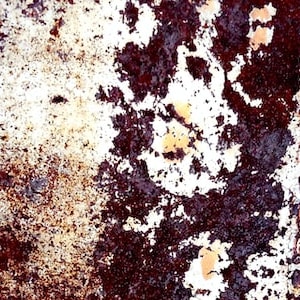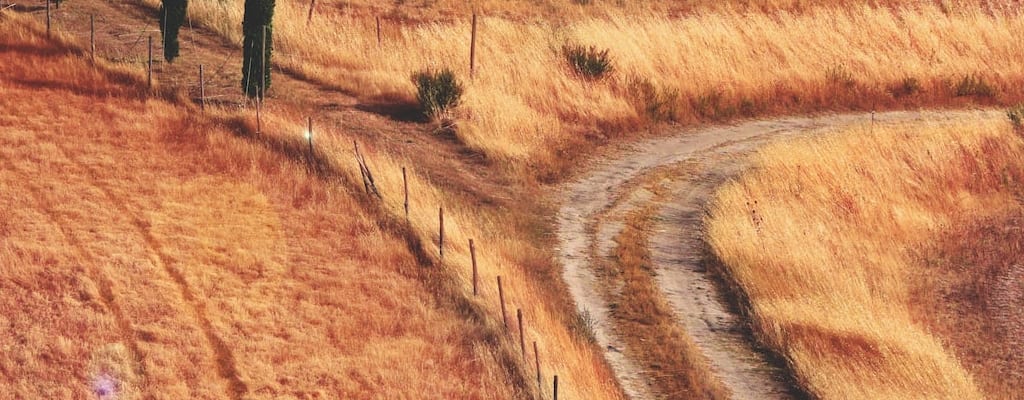go to seed: Idiom Meaning and Origin
What does ‘go to seed’ mean?
When someone or something "goes to seed," they become neglected, deteriorate, or decline in quality or appearance.

Idiom Explorer
The idiom "spill one's seed" refers to wasting or losing something valuable or important, typically in a frivolous or careless manner.
The idiom "leave something to be desired" means that something is not as good as it should be or as one would expect it to be.
The idiom "grow cold" means to lose interest, enthusiasm, or affection for something or someone over time.
The idiom "go by the wayside" means to be forgotten or abandoned, usually due to a lack of attention or interest.
The idiom "go begging" means to be unwanted, rejected, or not valued by others.
The idiom "go off" means to explode, to suddenly start making a loud noise, or to become spoiled or rotten. It can also mean to happen or take place, especially in a surprising or unexpected way.
The idiom "fall by the wayside" means to fail or be forgotten, usually due to lack of interest or support.
The idiom "fall apart" means to lose control or fail dramatically. It is often used to describe a situation or person that is experiencing a sudden and complete breakdown.
An idiom, "fade out," means to gradually disappear or become less noticeable. This phrase is commonly used to describe the gradual decrease or end of something, such as a sound, a scene in a movie, or a memory.
In the idiom "eat one's seed corn", the phrase refers to consuming or disposing of valuable resources without considering the long-term consequences. It implies a short-sightedness and lack of foresight, often resulting in detrimental effects on future prospects or success.
Wild Transformation
The idiom 'go to seed' has a few meanings and origins. One meaning is when plants or gardens become overgrown and untidy. Another meaning is when a person or thing deteriorates or declines in quality or appearance.
The phrase's origin can be traced back to agriculture. When a plant 'goes to seed', it means it has reached the stage where it produces and releases seeds. This suggests the idea of a plant becoming old and no longer producing flowers or fruits. This agricultural meaning originated in the 18th century and has since been metaphorically applied.
Additionally, the idiom can have a negative connotation when used to describe a person. It implies that the person has let themselves go or neglected their appearance, similar to an overgrown garden. This figurative use began in the early 19th century and is often used derogatorily to criticize someone's physical appearance or decline in health or well-being.
Furthermore, 'go to seed' can also describe a decline in the quality or standards of something, such as a business, organization, or neighborhood. This broader usage suggests a deterioration or neglect of the original state or purpose.
Overall, the idiom 'go to seed' encompasses notions of physical decline, neglect, and deterioration. Its origins in agriculture provide a visual metaphor for the process of a plant reaching the end of its productive cycle. The idiom's usage has evolved to encompass various contexts, including personal appearance, health, and the decline of institutions or areas.
The related idiom 'spill one's seed' has a different meaning but shares a connection to the process of deterioration. 'Spill one's seed' is a biblical phrase used to refer to wasting one's reproductive abilities or potential. It suggests a disregard for the preservation of life or resources and can be seen as a form of self-destruction. While distinct from 'go to seed' in its specific meaning, 'spill one's seed' shares a thematic similarity of loss or decline.
Another related idiom is 'eat one's seed corn', which also has a metaphorical connection to decline. Originating from agricultural practices, 'eating one's seed corn' refers to consuming or depleting one's own resources, leaving nothing for future growth or sustainability. This idiomatic expression highlights the consequences of short-term thinking and failing to invest or save for the future. While not directly related to the physical decline described by 'go to seed', 'eat one's seed corn' showcases the detrimental impact of neglect or misuse.
Although the meanings of these idioms may vary depending on the context, they consistently communicate a sense of decay and neglect. The phrases remind us of the transitory nature of life, the tendency for things to deteriorate, and the importance of taking care to prevent decline.
While the act of 'going to seed' may have negative connotations, it also holds the potential for renewal and growth, as plants can produce new life from their seeds. Similarly, 'spilling one's seed' or 'eating one's seed corn' can serve as cautionary reminders to consider the long-term consequences of our actions and the impact they may have on future possibilities.
The idiom 'go to seed' describes the process of plants or gardens becoming overgrown and untidy, as well as the metaphorical decline of a person or thing. Its agricultural origins provide a visual metaphor for the end of a plant's productive cycle, while its figurative usage extends to various contexts of decline. The related idioms 'spill one's seed' and 'eat one's seed corn' further explore themes of loss, disregard, and the consequences of neglect or misuse. Through these idioms, we are reminded of the importance of taking care to prevent decay and the potential for growth and renewal even in the face of decline.
Example usage
Examples of how the idiom "go to seed" can be used in a sentence:
- After neglecting his garden for months, it has gone to seed and is now overrun with weeds.
- She used to be so well-dressed, but since she lost her job, she has really gone to seed.
- The once charming neighborhood has sadly gone to seed, with boarded-up houses and overgrown lawns.
More "Agriculture" idioms



